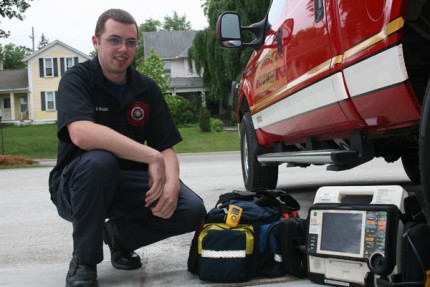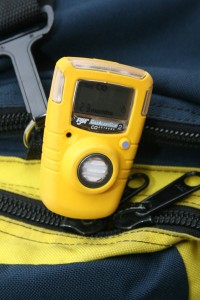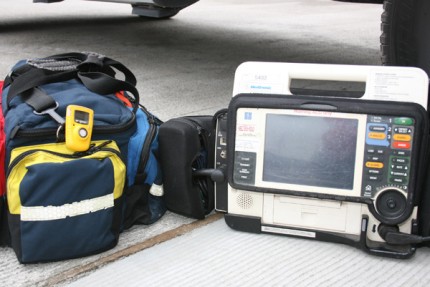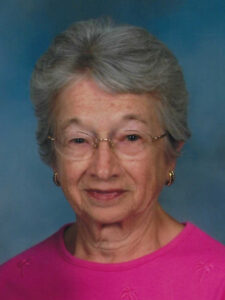

After attending a hazardous materials class in Lansing, Chelsea Area Fire Authority Firefighter Bill Regnier returned to the Chelsea firehouse and started researching a small carbon monoxide detector that he thought might benefit the community.
In fact, the yellow 3-inch by 2-inch gadget could save a life.
The tiny piece of equipment automatically detects the presence of carbon monoxide — an odorless, colorless, tasteless gas that’s many times referred to as the “silent killer” and can be inside a home. Some common sources of CO are open flames, space heaters, water heaters, blocked chimneys and a running car inside a closed garage, firefighters say.
And, unless you have a CO detector in your home, there is no way to know if the gas is present.
Fire Captain Chris Smyth says elevated levels of CO in the home can be dangerous, and cause headaches, nausea, or other flu-like symptoms.
“It’s a good reminder for us as well,” Smyth says, to think about carbon monoxide poisoning when firefighters run across unusual symptoms on a call.
This $200 life-saving piece of equipment is now clipped to the medical bag that goes inside a home with firefighters when they arrive for a medical call, Regnier says.
It’s called the “Gas Alert Clip Extreme” has been in use for about two weeks.
“We haven’t had any alerts yet,” he says, but if CO is detected, firefighters can then investigate the cause with the department’s four-gas monitor and let the homeowner know the source.
Firefighters also warned that smoke detectors don’t detect carbon monoxide and CO detectors do not serve as smoke detectors.
“It’s another service we can provide to the community,” Regnier says.
















